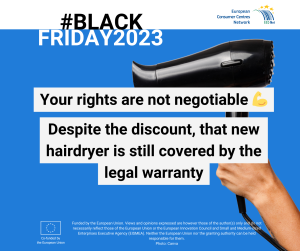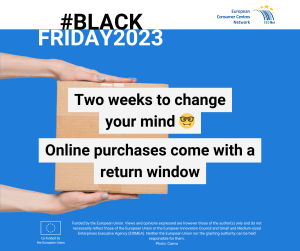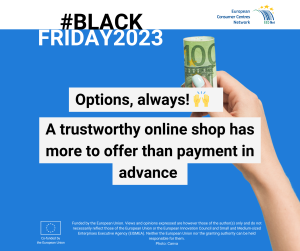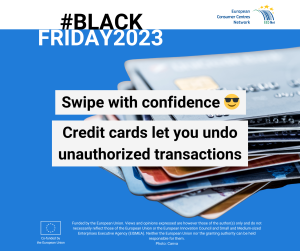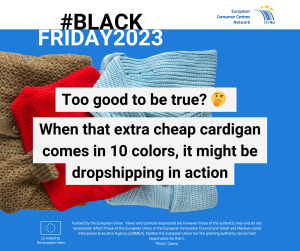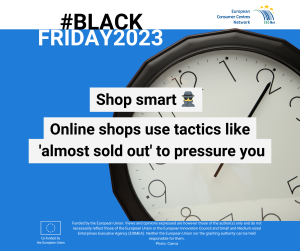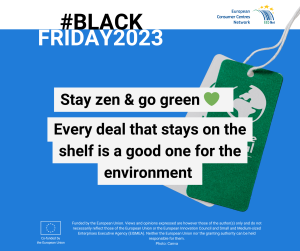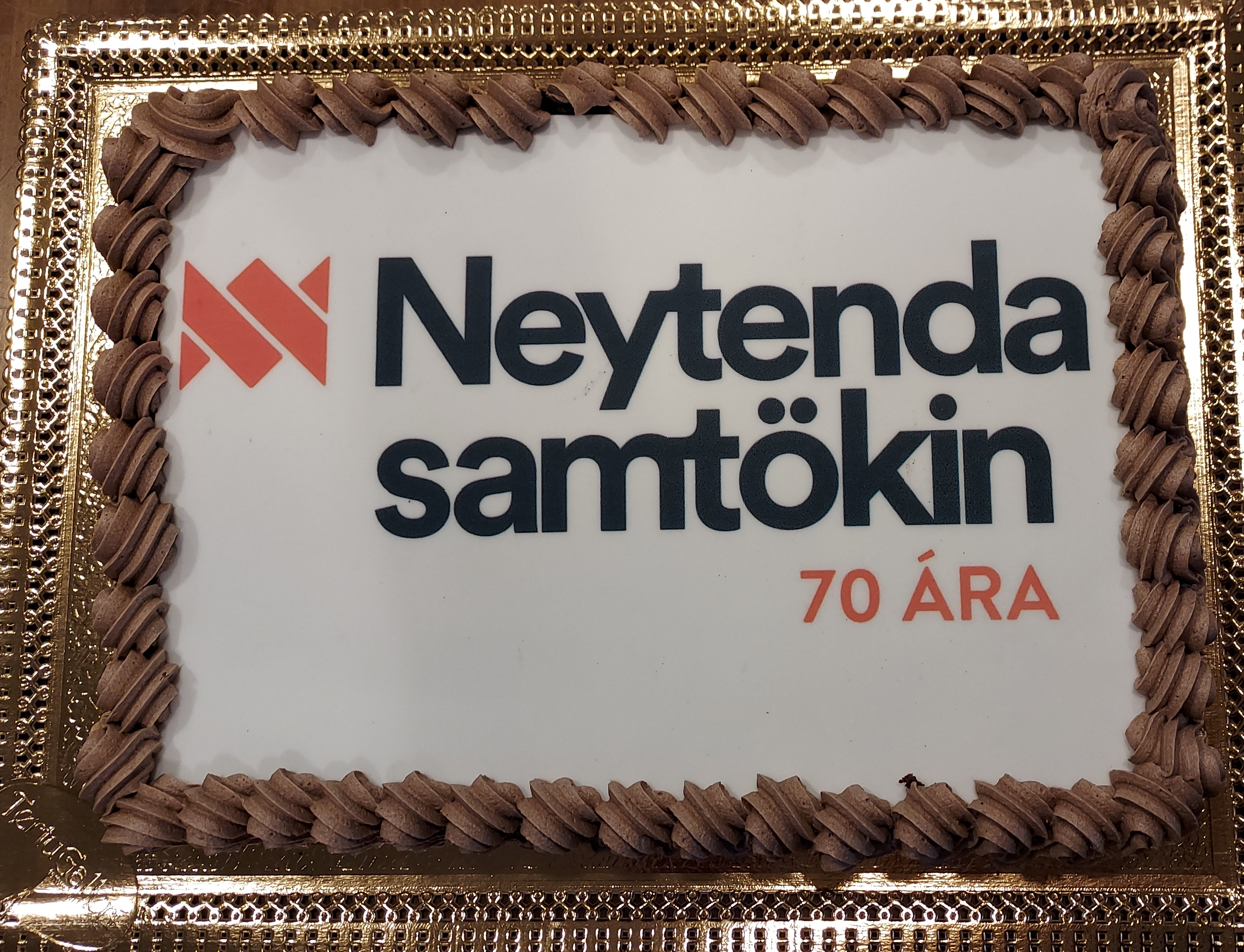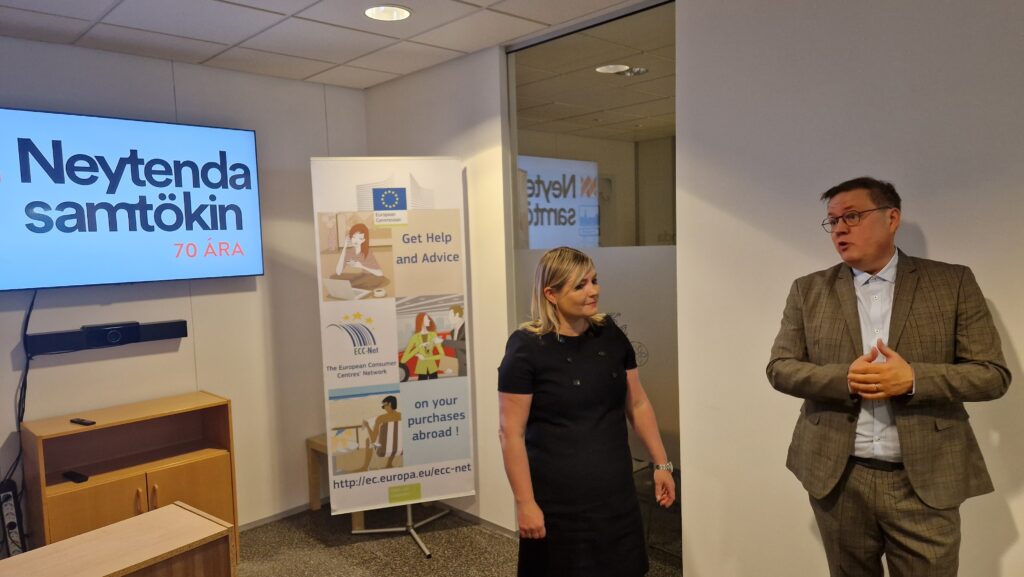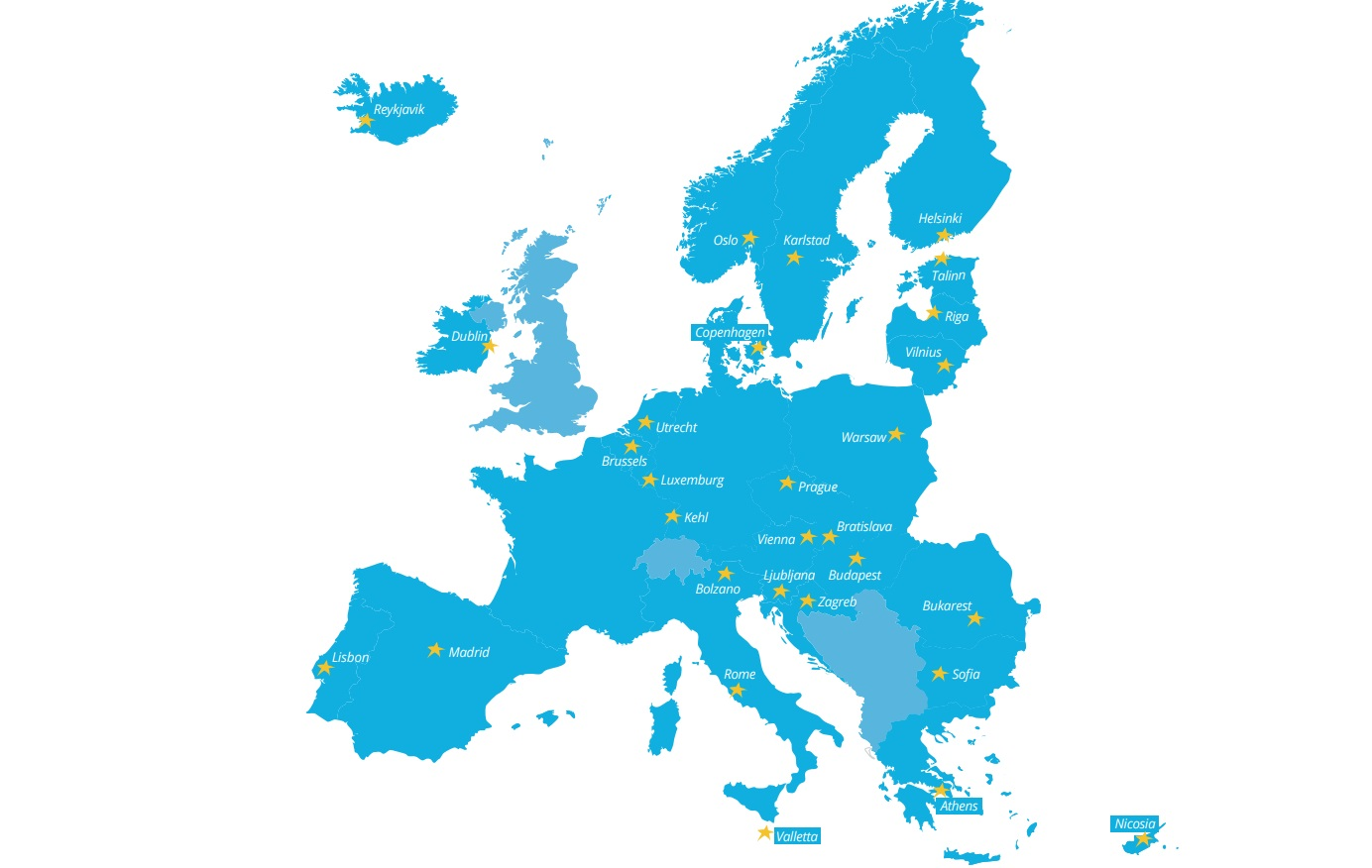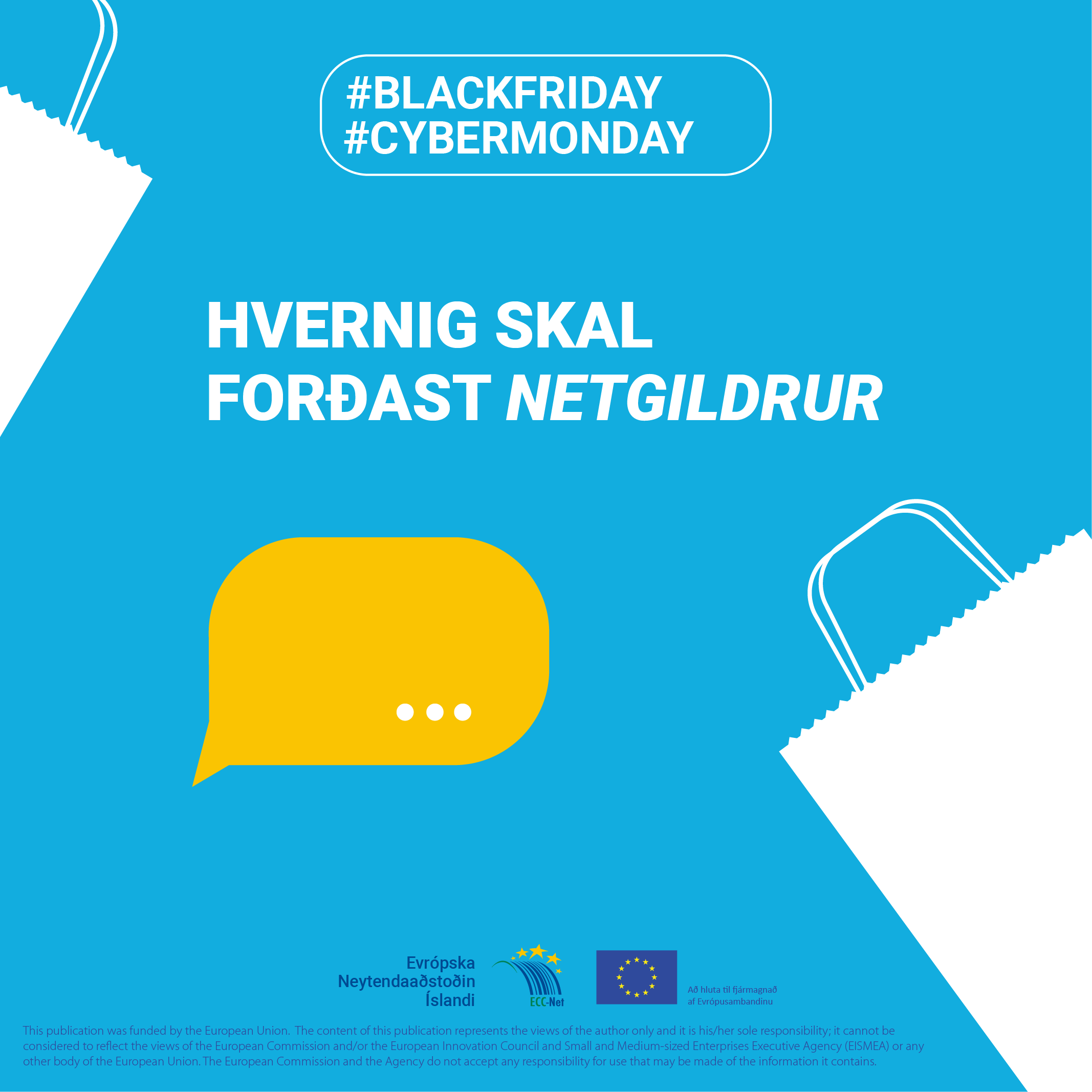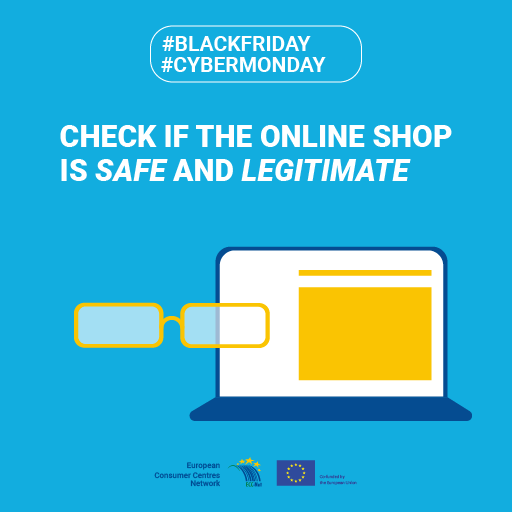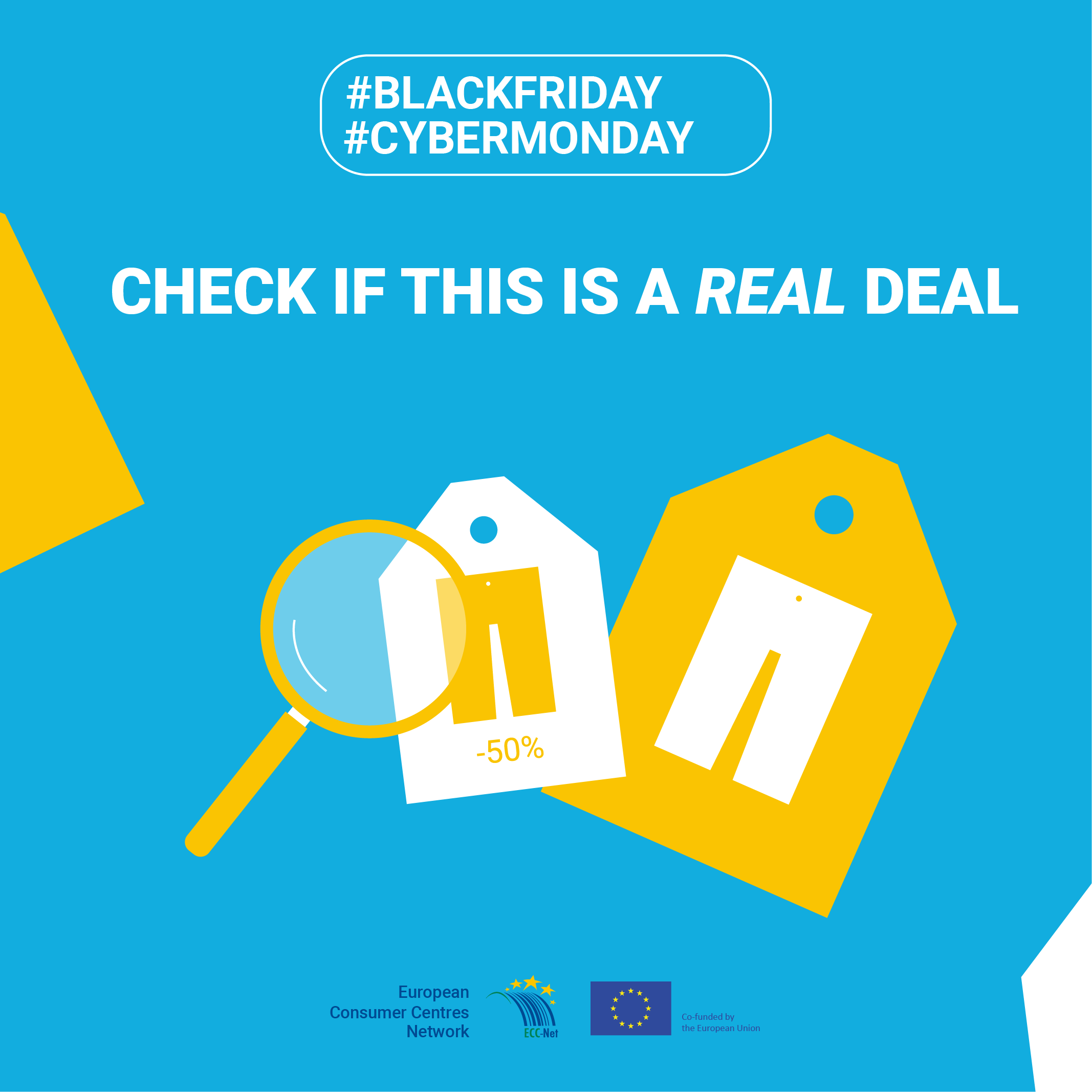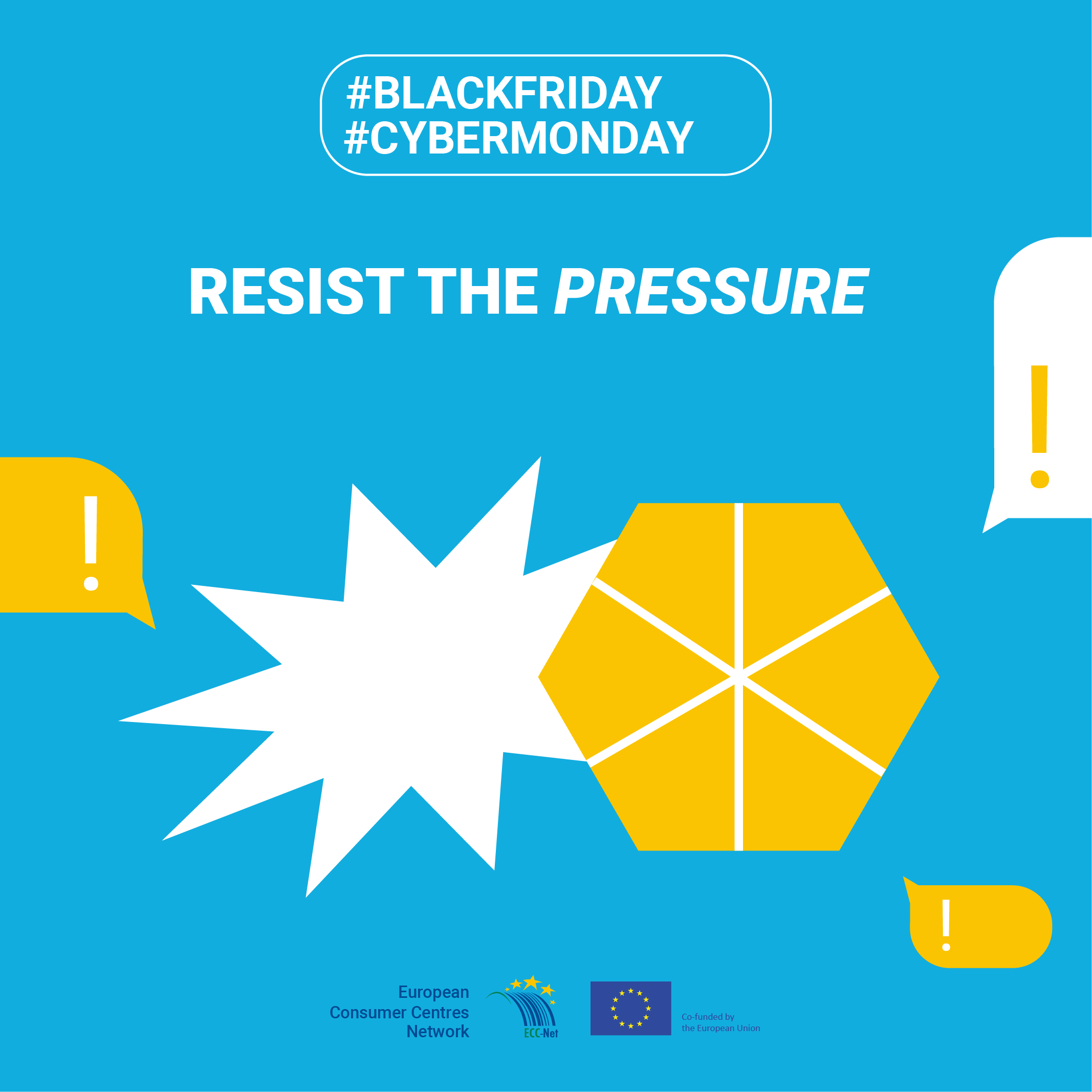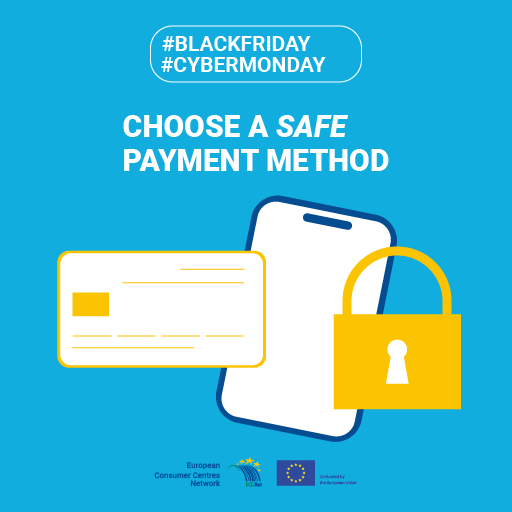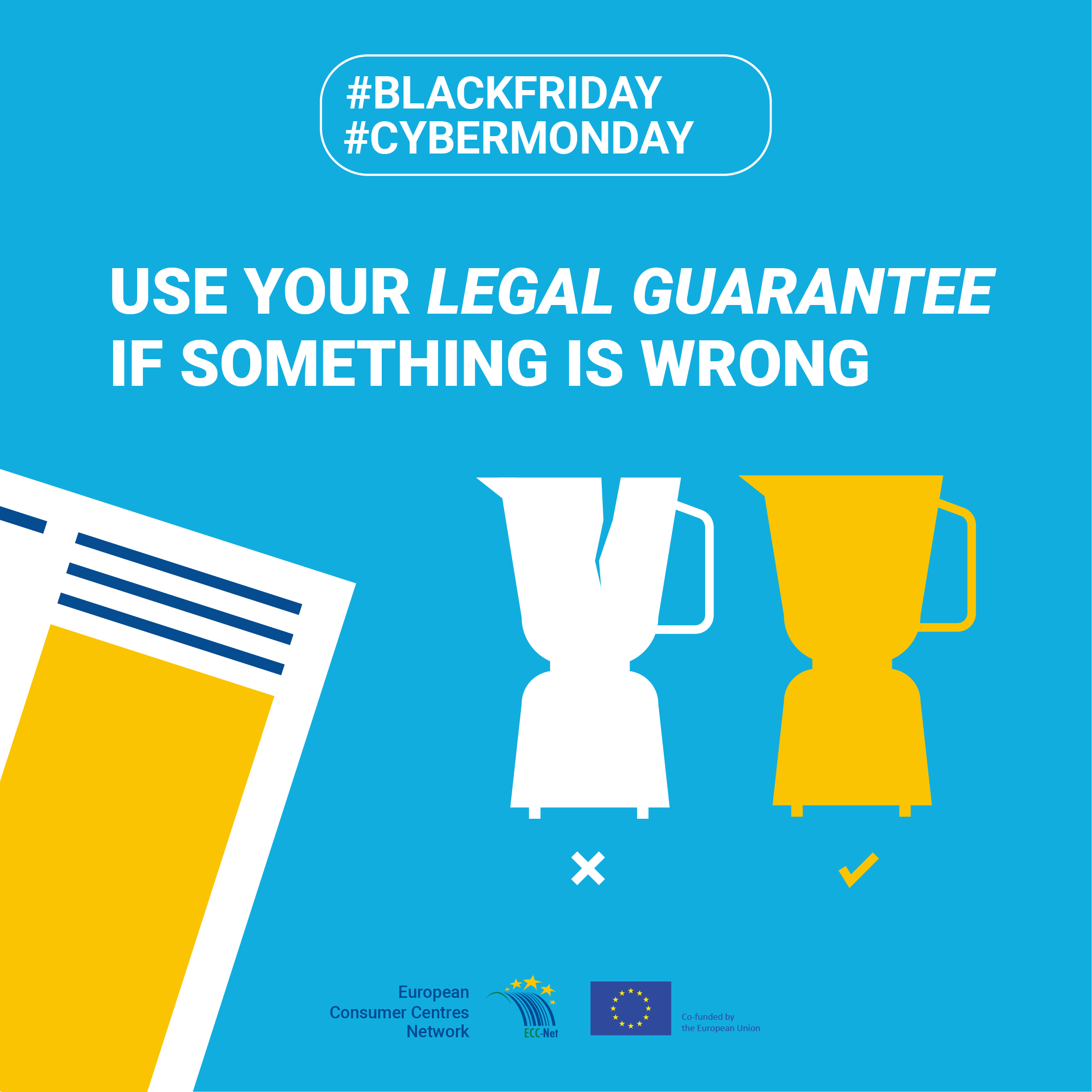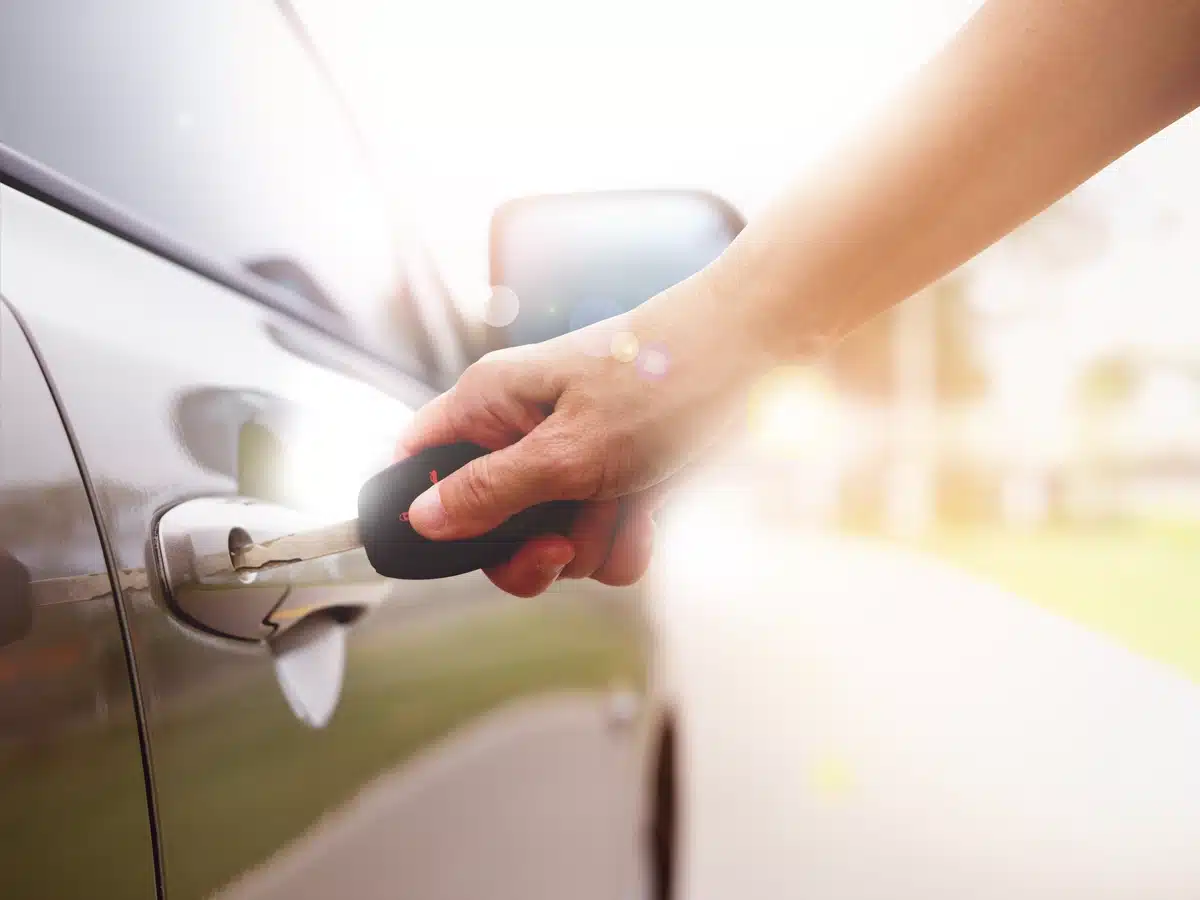
Neytendasamtökin sjá sig knúin að vara fólk við að eiga viðskipti við bílaleiguna CC bílaleiga (City Car Rental).
CC bílaleiga hefur sex sinnum tapað málum sem neytendur hafa lagt fyrir kærunefnd vöru- og þjónustukaupa og í öllum tilfellum neitar bílaleigan að hlíta niðurstöðunni. Neytendur sitja eftir með sárt ennið enda um töluverðar upphæðir að ræða auk þess sem ágreiningur við bílaleigu kemur niður á upplifun ferðamanna. Þá hefur bílaleigan Nordic Car Rental, sem er í eigu sömu aðila, tapað einu máli fyrir kærunefndinni og ekki orðið við kröfum neytanda um bætur. Af þeim 15 málum þar sem seljandi neitar að verða við úrskurði nefndarinnar á CC bílaleiga sex mál og Nordic Car Rental eitt mál. Þetta er Íslandsmet sem ekkert fyrirtæki vill eiga. Neytendasamtökin hafa ítrekað óskað eftir því að bílaleigurnar hlíti úrskurðum kærunefndarinnar, en án árangurs. Því sjá Neytendasamtökin sig knúin til að vara við viðskiptum við bílaleigurnar og hvetja ferðaþjónustuaðila sem vandir eru að virðingu sinni til að gera slíkt hið sama.
Háar upphæðir í húfi
Kvartanir neytenda gegn bílaleigunni eru fjölbreyttar og varða gjarnan háar upphæðir. Hæsta krafan er upp á 1.600.000 kr. Þegar bílaleigubíll bilar eða tjón verður á bíl geta neytendur staðið frammi fyrir því að greiða reikning án þess að hafa nokkra yfirsýn yfir málið. Heiðvirðar bílaleigur gera upp málin og endurgreiða ofgreiddar upphæðir, til dæmis ef í ljós kemur að viðgerðarkostnaður er lægri en áætlað var eða ef tjón/bilun er ekki neytanda að kenna. CC bílaleiga hefur hins vegar annan háttinn á.
Mál 24/2023
Kúpling bilar á öðrum degi og er bílaleigunni gert viðvart. Var neytanda gert að greiða áætlaðan viðgerðarkostnað, dráttarkostnað og einhvers konar umsýslugjald (damaged vehicle administration fee). Neytandi krafðist endurgreiðslu á öllum kostnaði enda bæri hann ekki ábyrgð á því að kúplingin hefði bilað. Bílaleigan gat ekki lagt fram gögn sem sýndu fram á kostnað við viðgerð, að viðgerð hefði yfirhöfuð farið fram, né hvenær kúplingu hafði síðast verið skipt út. Var CC bílaleigu gert að endurgreiða kostnað vegna viðgerðar og dráttarbíls, alls 283.500 kr.
Mál 106/ 2022
Neytandi leigði bíl sem keyrður var 232.000 km og þegar stillt var á vetrarstillingu á fimmta degi bilaði bíllinn. Bílaleigan innheimti dráttarkostnað, gjald vegna viðgerðar, umsýslugjald og sekt þar sem bíllinn átti að hafa keyrt á lokuðum vegi. Nam upphæðin 10.782 evrur eða 1.600.000 kr. Í niðurstöðu nefndarinnar segir að bílaleigan hafi ekki sýnt fram á að neytandi hafi valdið tjóni á bifreiðinni né að hann hafi keyrt á lokum vegi. Var bílaleigunni því gert að endurgreiða neytandanum allan kostnað eða 1.600.000 kr.
Mál 78/2022
Dekk springur á bílaleigubíl og lendir neytandi í miklum vandræðum með að losa dekkið af þar sem allir felguboltar hafi verið orðnir mjög slitnir. Hafi hann verið neyddur til að kaupa aðstoð af vegaþjónustu fyrirtækisins auk nýs dekks. Nefndin taldi neytanda eiga rétt á endurgreiðslu vegna vegaþjónustunnar enda hafi hún verið innifalin í samningi en neytandi beri kostnað vegna nýs dekks. Bar leigunni að greiða neytanda 71.300 kr.
Mál 21/2022
Nefndin féllst á kröfu neytanda um endurgreiðslu að fjárhæð 73.900 kr. Neytandi hafði kvartað yfir lélegu ástandi á bifreiðinni strax í upphafi en ekki fengið nein viðbrögð. Á fimmta degi skaust steinn í framrúðu og myndaði sprungu og greiddi neytandi 132.000 kr. í tryggingargjald vegna eigin ábyrgðar. Síðar gjaldfærði bílaleigan rúmar 74.000 kr. af kreditkorti neytandans til viðbótar. Nefndin taldi bílaleiguna ekki hafa sýnt fram á umfang hins fjárhagslega tjóns og gerði henni að endurgreiða neytandanum 73.900 kr.
Mál 117/2021
Nefndin komst að þeirri niðurstöðu að bílaleigan ætti að endurgreiða neytanda 215.000 kr. vegna dráttarþjónustu á biluðum bílaleigubíl. Bíllinn var við afhendingu keyrður 200.000 km. og bilaði eftir 100 km akstur.
Mál 113/2020
Neytandi afbókaði bílaleigubíl með tveggja mánaða fyrirvara en var þó látinn greiða fullt verð fyrir bílinn. Kærunefndin taldi neytandann eiga rétt á 75% endurgreiðslu að upphæð 166.500 kr. Það væri í samræmi við skilmála um afbókun sem væru mjög skýrir.
Mál 65/2021 varðar Nordic Car rental í eigu sömu aðilaNeytandi tekur bíl á leigu sem bilar á fjórða degi. Bílaleigan lætur draga bílinn á verkstæði og tók viðgerðin einn dag. Bílaleigan útvegaði hvorki nýjan bíl né gistingu á meðan á viðgerð stóð. Nefndin komst að þeirri niðurstöðu að neytandinn ætti rétt á endurgreiðslu að upphæð 55.000 kr. þar sem hann hafði ekki haft afnot af bifreiðinni í einn dag og hefði þurft að útvega sér gistingu.
Hunsa ítrekað úrskurði
Samtals hafa CC bílaleiga og Nordic Car Rental hafnað kröfum neytenda að fjárhæð 2.465.200 kr. þrátt fyrir að kærunefnd hafi úrskurðað neytendum í hag. Neytendasamtökin líta það alvarlegum augum að fyrirtæki hunsi ítrekað niðurstöður kærunefndarinnar og verði ekki við réttmætum kröfum neytenda. Samtökin hafa sent ábendingu á Samgöngustofu og farið fram á að starfshættir fyrirtækisins verði skoðaðir.
Neytendur sem lenda í ágreiningi við bílaleigur eru gjarnan erlendir ferðamenn og flest mál berast í gegnum evrópsku neytendaaðstoðina á Íslandi, sem Neytendasamtökin hýsa, sjá ECC. Því fer fjarri að allir ferðamenn sem lenda í ágreiningi við seljendur hér á landi leiti réttar sín fyrir kærunefndinni, sér í lagi ef ekki er um að ræða háar upphæðir. Fjöldi kærumála gegn CC bílaleigu segir því ákveðna sögu.
Í ljósi þess að CC bílaleiga unir aldrei niðurstöðu nefndarinnar og virðist standa á sama að lenda ítrekað í skammarkróknum, má spyrja hvort það sé fyrirhafnarinnar virði að leggja fram kæru gagnvart fyrirtækinu. Vissulega geta neytendur farið með mál fyrir dómsstóla en það svarar sjaldnast kostnaði. Neytendasamtökin vara því neytendur við að eiga viðskipti við CC bílaleigu og Nordic Car Rental þar sem eina úrræðið, ef til ágreinings kemur, er dómstólaleið og hún er alls ekki öllum fær.
Skammarkrókurinn
complaint board of goods and services (Kærunefnd vöru- og þjónustukaupa). er lögbundin kærunefnd sem úrskurðar í ágreiningsmálum milli neytenda og seljenda um flestar gerðir samninga vegna kaupa á vöru eða þjónustu. Langflest fyrirtæki una úrskurði nefndarinnar.
Neytendasamtökin halda lista yfir fyrirtæki sem neita að verða við niðurstöðu kærunefndarinnar og af 15 málum þar sem svo háttar, á CC bílaleiga sex og Nordic Car eitt.
Hér má sjá lista yfir fyrirtæki sem eru í skammarkróknum.


